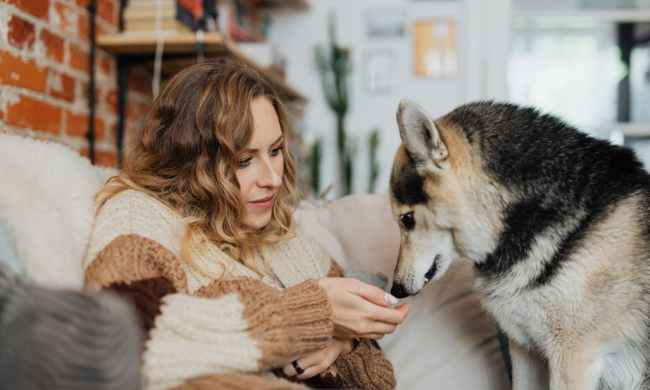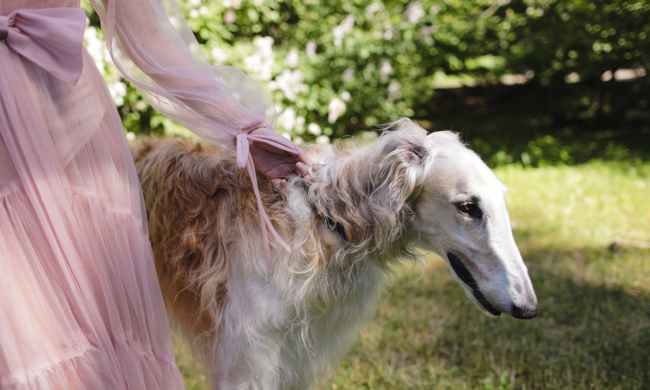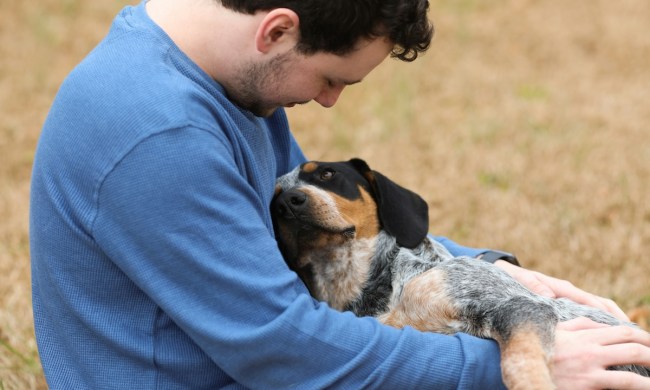Nothing is more comforting than a home-cooked meal, so why should humans get to have all the fun? If you’ve been looking into all the facts regarding homemade dog food, you need to consider each crucial factor before you transition your dog from a store-bought to a home-cooked diet. You might have been wondering whether you can actually create a healthier, more personalized concoction for your dog. And the answer is yes. Yes, you can assemble your very own dog food at home, saving you trips to the store in lieu of healthier, fresher food. But is making dog food cheaper than buying it? Let’s find out about preparing dog food at home and how costs compare.
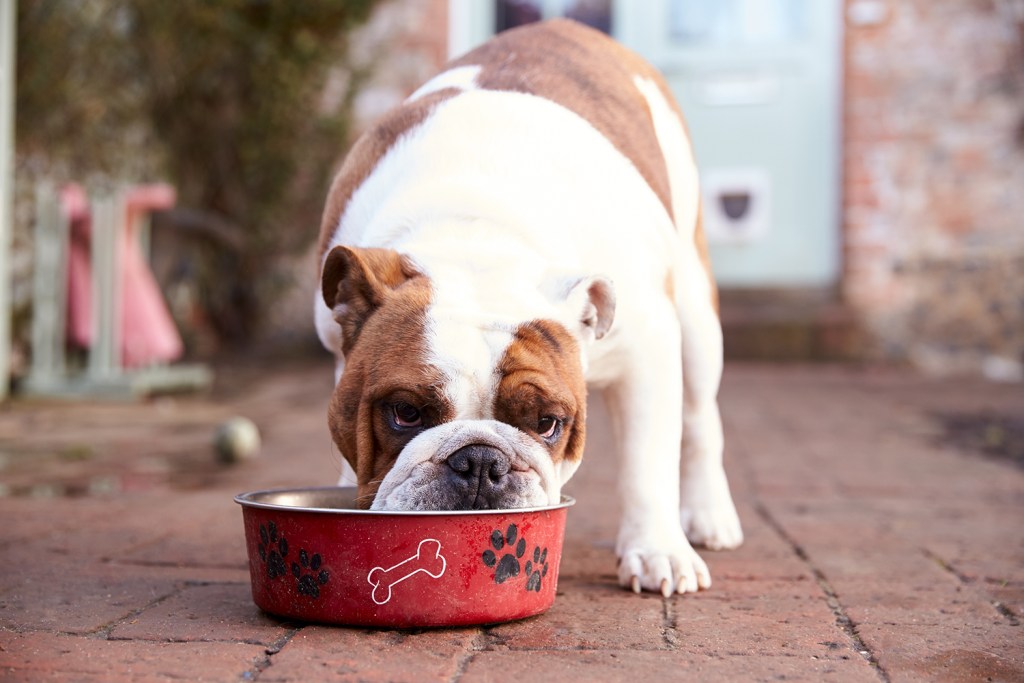
How do you make your own dog food?
Before making a choice as to whether making your own dog food is cheaper than buying it, it’s important to know what ingredients and supplies are needed to make dog food. What’s great about homemade dog food is that it can be personalized just to you and your dog’s needs. So, while exact ingredients will vary, dog food made at home typically contains some combination of cooked protein, vegetables, and whole grains.
Note that just like commercially-produced dog food, homemade dog food must have certain nutrients in order for your dog to maintain a healthy, balanced diet.
- Popular, nutrient-dense proteins often used in homemade dog foods are ground lean beef, turkey, and lentils.
- Among the vegetables you might use are broccoli, carrots, and sweet potatoes.
- And some of the whole grains that are commonly found in dog food made at home are brown rice, oatmeal, and quinoa.
- Fruits, herbs, and healthy fats should also be added in moderation in dog food.
No matter what foods you cook together to make meals for your dog, there are a few health and safety guidelines you should keep in mind. Dogs have different nutritional requirements than humans do. But similar to humans, junk foods are also unhealthy for dogs and should not be fed to them. It is important that your dog is only ever fed unseasoned, thoroughly-cooked, boneless meats. Many spices that are fine for humans can be dangerous or even deadly to dogs. The same goes for a variety of other human foods, so before throwing any random ingredient into home-cooked dog food, do your research as to whether it is safe for dogs to consume. Bones might splinter inside of a dog, causing internal injury. Uncooked or undercooked meats may carry bacteria or viruses that can cause illness.
If you want to obtain more facts in relation to dog food concerns, do check out our guide regarding your dog’s tolerance for spicy food — just so you’re better informed before chucking that chili his way.
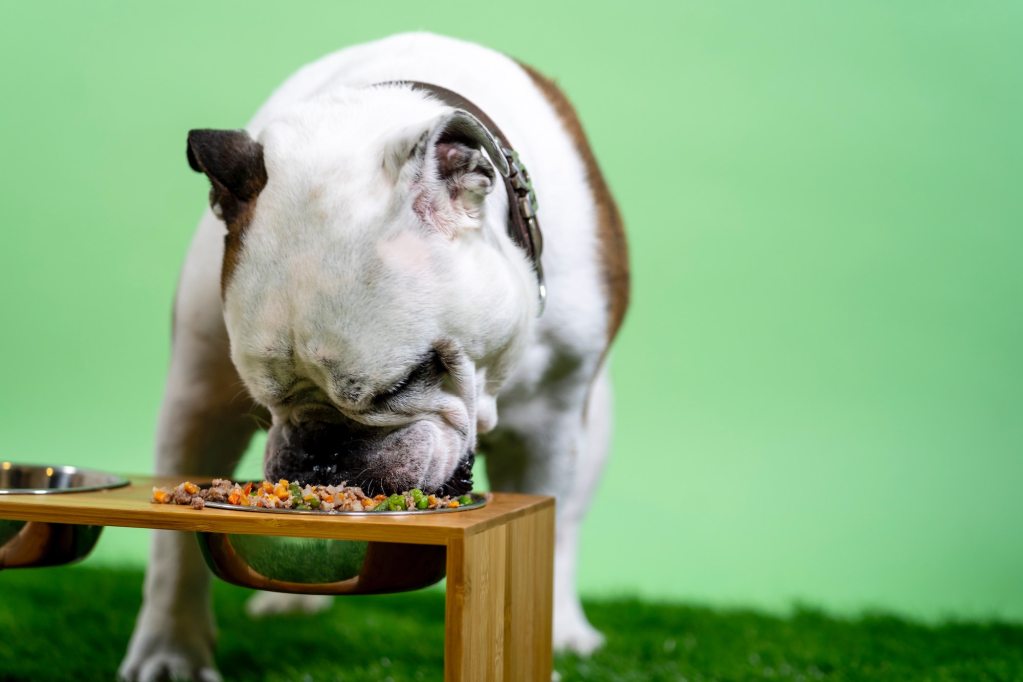
How do the costs of homemade and commercial dog food compare?
There is a wide range of costs associated with both home-cooked and mass-produced dog foods, largely based on quality. A 40-pound bag of dry kibble could run you $15, while that same sized bag of high-quality food could cost closer to $75. Wet dog food costs more, with the cheapest single-serving cans costing less than $1 and higher-end cans costing up to $3 each. However, this is excluding the cost of bones, treats, dental sticks, vitamin supplements, and other types of food you might give your dog throughout the day.
And the price of homemade dog food is also dependent on where you shop, as well as if you buy organic or not. But, generally, you can get the cost of it down to lower than $2 a day, which is far beneath the cost of feeding your dog a mixture of high-quality wet and dry foods.
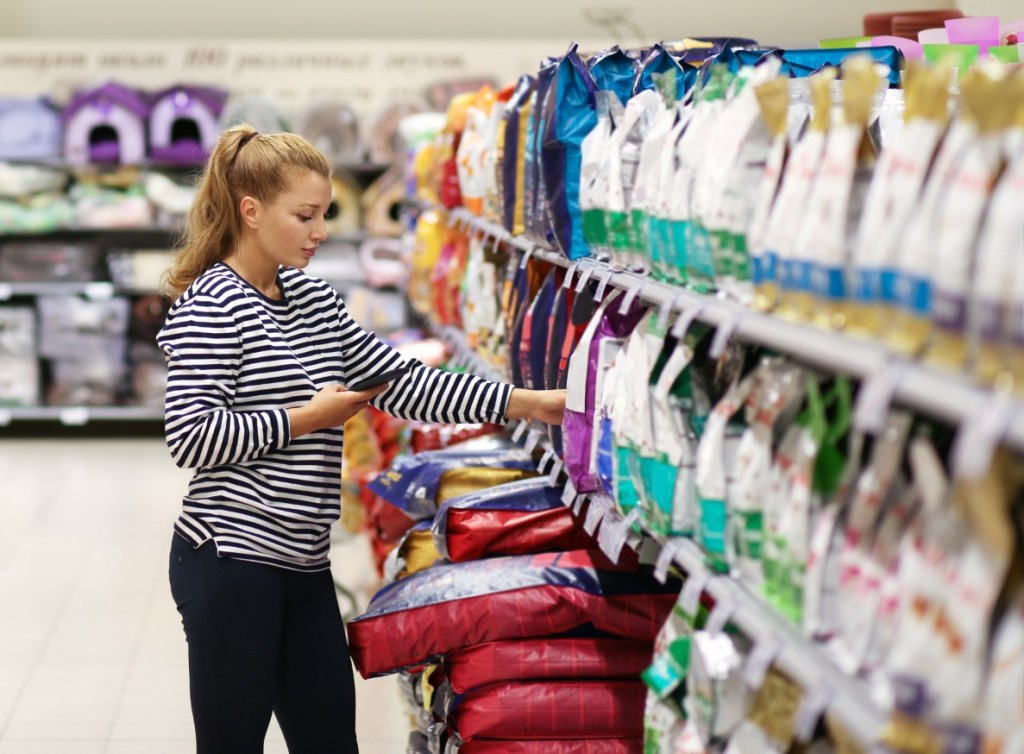
How do I decide whether to make the switch to homemade dog food or not?
As with any choice, you should weigh the pros and cons of each option. Commercial dog foods are required by law to meet certain nutrition standards, so when you purchase commercial dog food, you know your dog is getting all of the vitamins, minerals, and macronutrients they need.
Conversely, commercial dog food often contains preservatives and fillers that aren’t needed in freshly-prepared dog food. Plus, if your dog has health conditions, they may need particular combinations of nutrients or ingredients that just can’t be found in a commercial product. And if your dog has allergies to any common dog food ingredients, it might be easier for you to make dog food for them. But before making a decision, consult with your veterinarian as to your pet’s health and what types of homemade dog food, if any, are suitable to feed them.
Keeping your dog healthy doesn’t have to be frustrating. It is possible to feed them nutritious, delicious, home-cooked meals at a fraction of the price of commercially-made foods. Enjoy experimenting with the many recipes you can use if you go that route!
